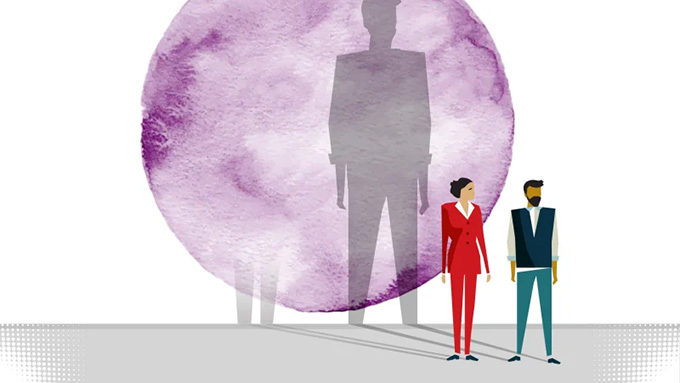
What is talent? Of course, nothing easy to define or detect. Without going any further, in Spain the different autonomous communities, and their respective educational legislation, have not reached consensus on the definition of high abilities .
Although to a large extent its conceptualization depends on the theoretical reference model chosen , there seems to be unanimity that these are people who have an intellectual quotient (IQ), measured through an intelligence test, equal to or greater than 130. This refers to having a level of cognitive ability significantly above average in areas such as reasoning, memory, problem solving, among others .
In Spain, educational legislation, specifically Organic Law 3/2020 (LOMLOE) , recognizes and includes high intellectual abilities within special educational needs. Likewise, it specifies that these students must receive support to achieve their maximum development.
The bad thing is that what is not named and not seen does not exist. Although it is estimated that between 10 and 20% of the population has talent , in Spain only 0.5% is identified .
However, it is important to identify them to respond and support talented students appropriately and allow them to fully develop their capabilities, as established by the LOMLOE.
Intermittent laws
Although the historical panorama of educational policies in Spain in relation to attention to diversity and special educational needs has changed over time, the current law establishes that these students require specific education. However, it is still not fully fulfilled.
This breach of regulations is, to say the least, astonishing. Are there places in the world where a bank can be robbed without consequences? Of course not. That is why it is difficult to understand why legislation regarding talent identification is not complied with.
And what about the girls? Are they identified more or less than their male peers? The identified students correspond, in the best of cases, to 65% boys compared to 35% girls . But that doesn’t mean they are less intelligent. In fact, although many studies have attempted to identify differences in intelligence, capacity and cognitive abilities between men and women, everything indicates that the differences are practically non-existent. In fact, there do not even seem to be differences in spatial ability, a skill in which for a long time it was assumed that there were clear advantages for men over women .
Eliminate biases to detect talented girls
If talented girls are not identified, they will not have an adequate educational response to their needs. Parents and teachers are the ones who frequently carry out the detection , so it is essential to eliminate myths and stereotypes around these students.
But in addition to the poor educational response, these girls, who remain unseen, face other problems.
The literature indicates that talented students have low self-esteem and self-concept . That is, they see themselves as less capable . What is even more serious: they believe that to be accepted they must hide their intelligence . And they put all their effort into covering it up because in them the need to please and social adaptation prevails over abilities and academic achievements . They conform to the social norm and imposed gender roles and personal achievements prevail over academics and professionals. This, without a doubt, represents a barrier to their vital development.
It is also known that students with high abilities and talent present high levels of perfectionism , which is particularly important in girls . This is the story of the whiting that bites its tail, since the high level of self-demand favors in these students the need to be perfect in all areas, which is why they set excessive objectives, which causes them even more frustration .
As a consequence, they end up questioning their abilities and skills and may develop imposter syndrome or queen bee syndrome, with an impossible perfectionism in all areas of life that can lead to depression .
Given this, what can be done? The recommendation is clear and direct: identify these girls to value their abilities and offer them an appropriate educational response. And once identified, work hard on self-esteem and self-concept. Without forgetting the approach to perfectionism, so that it does not take its toll on them.
Author Bios: Africa Borges del Rosal is Professor at the University of Behavioral Sciences Methodology, specialized in high intellectual abilities and Triana Aguirre Delgado is a Researcher at the Department of History and Philosophy of Science, Education and Language both at the University of La Laguna
